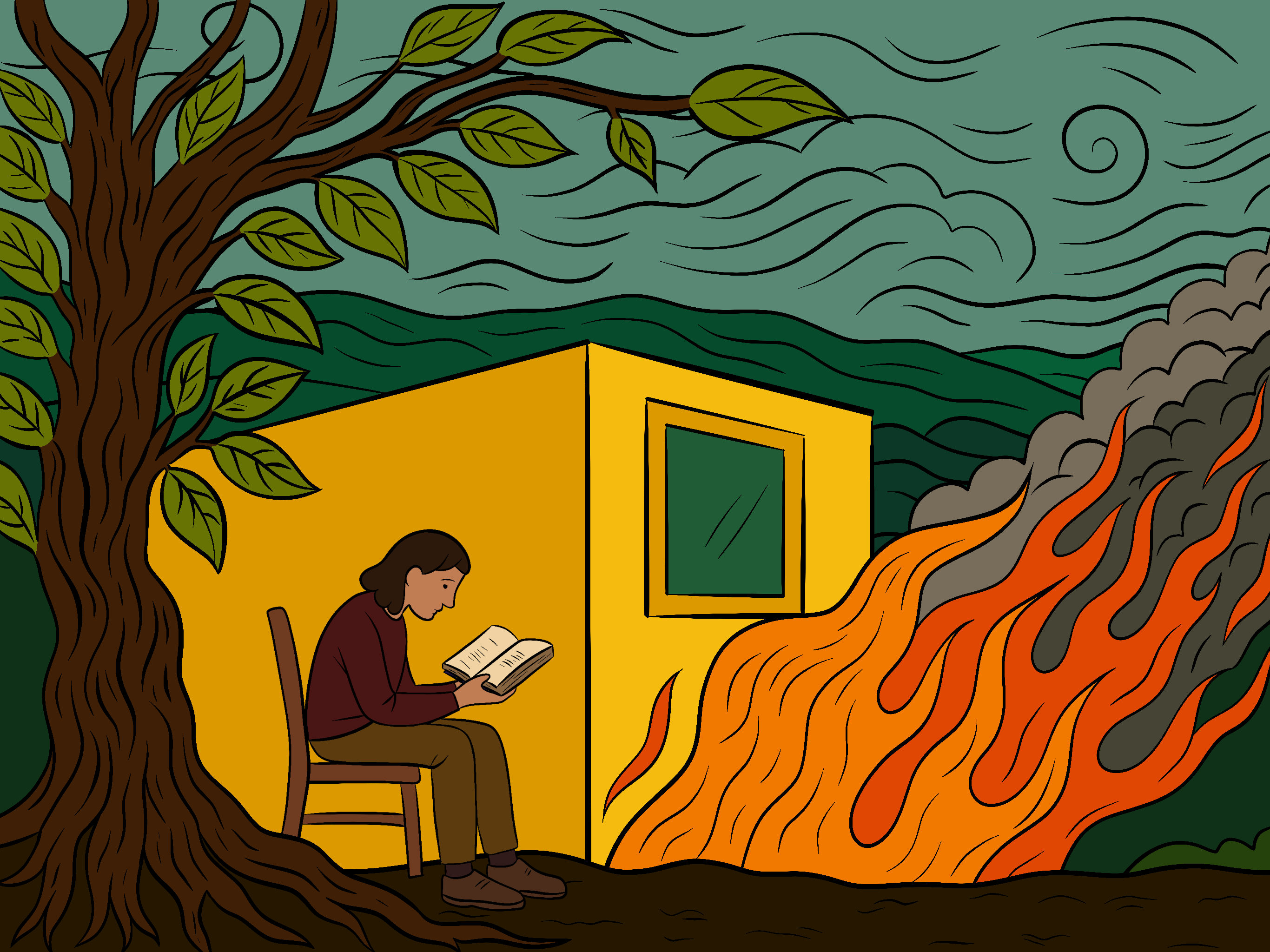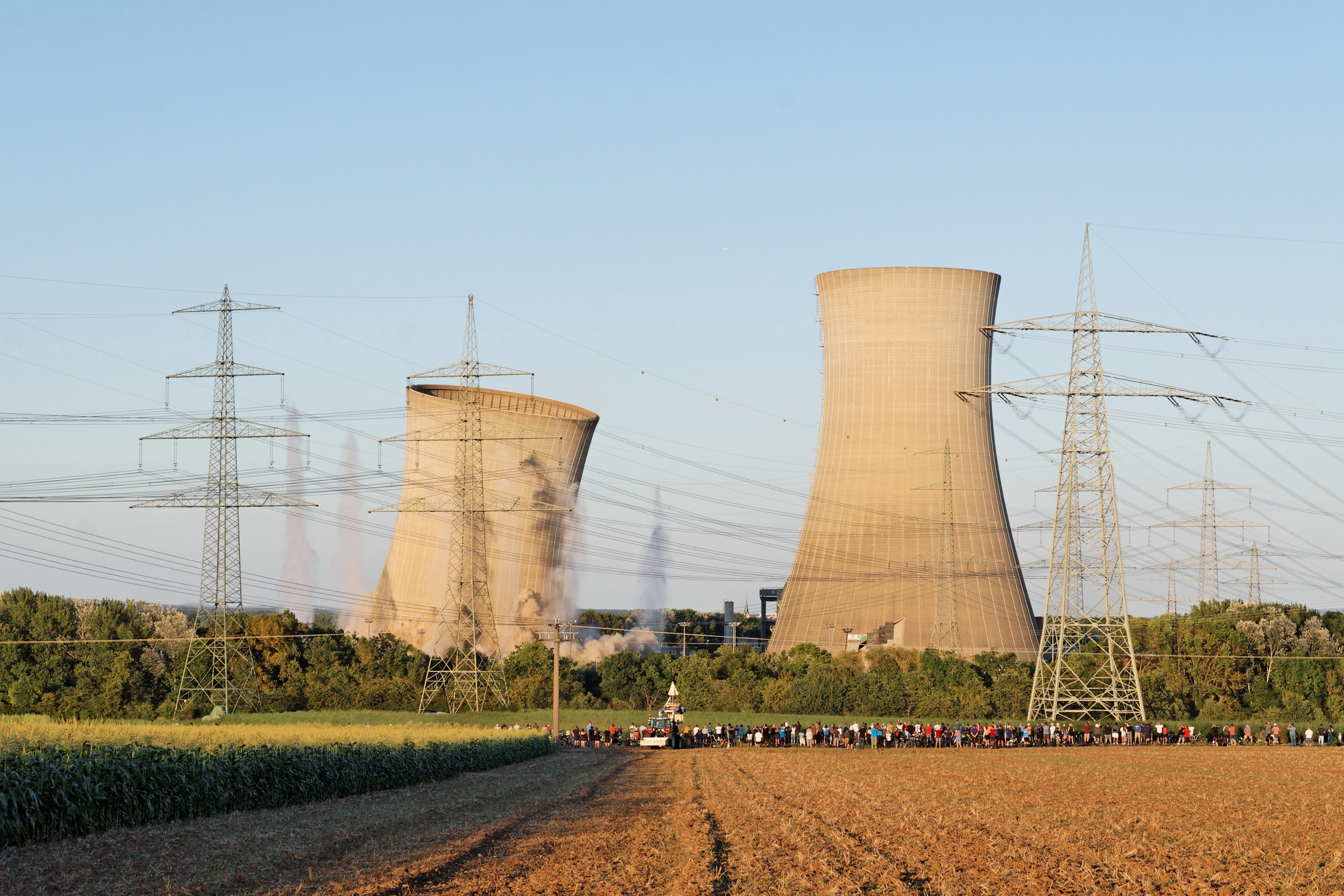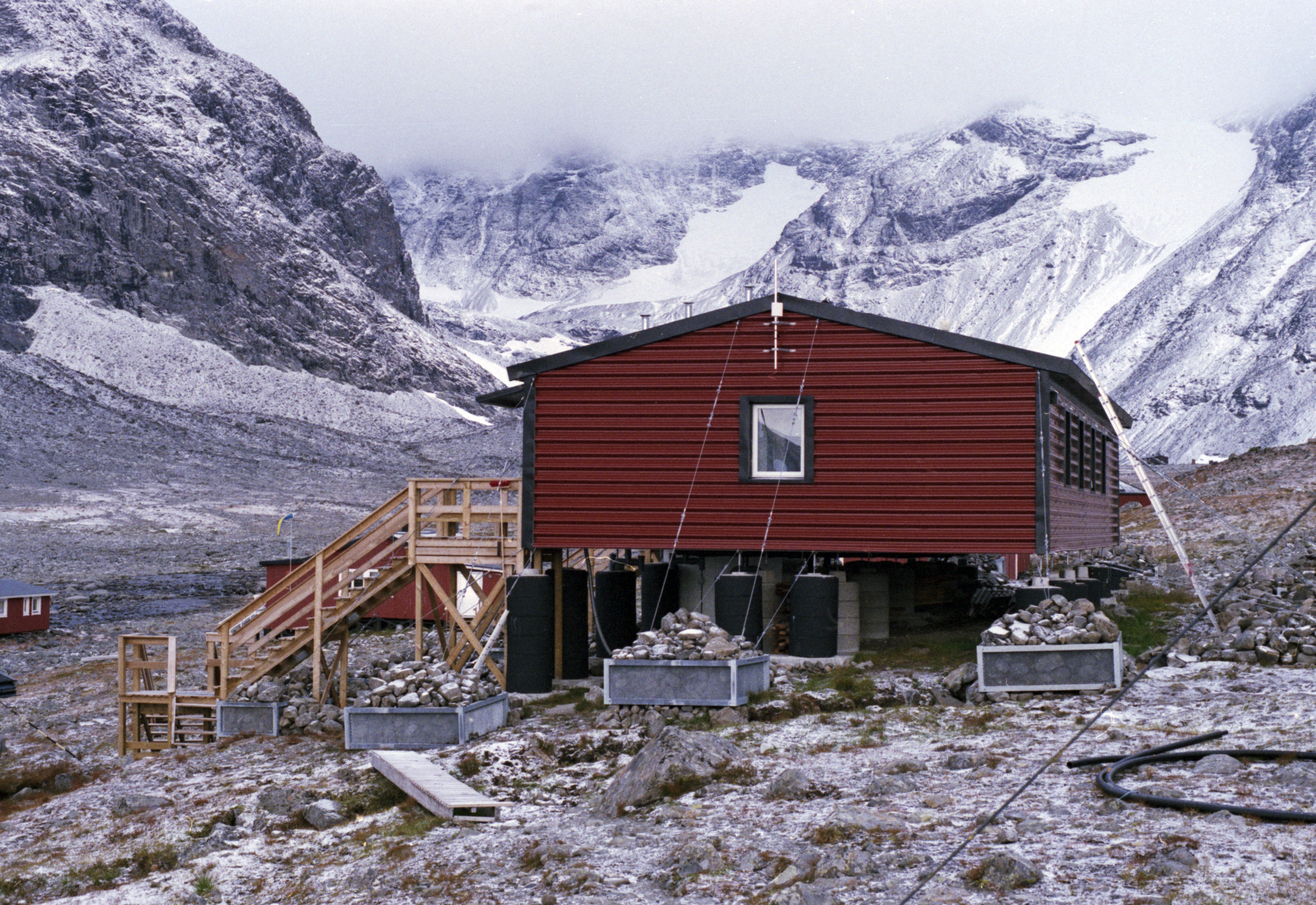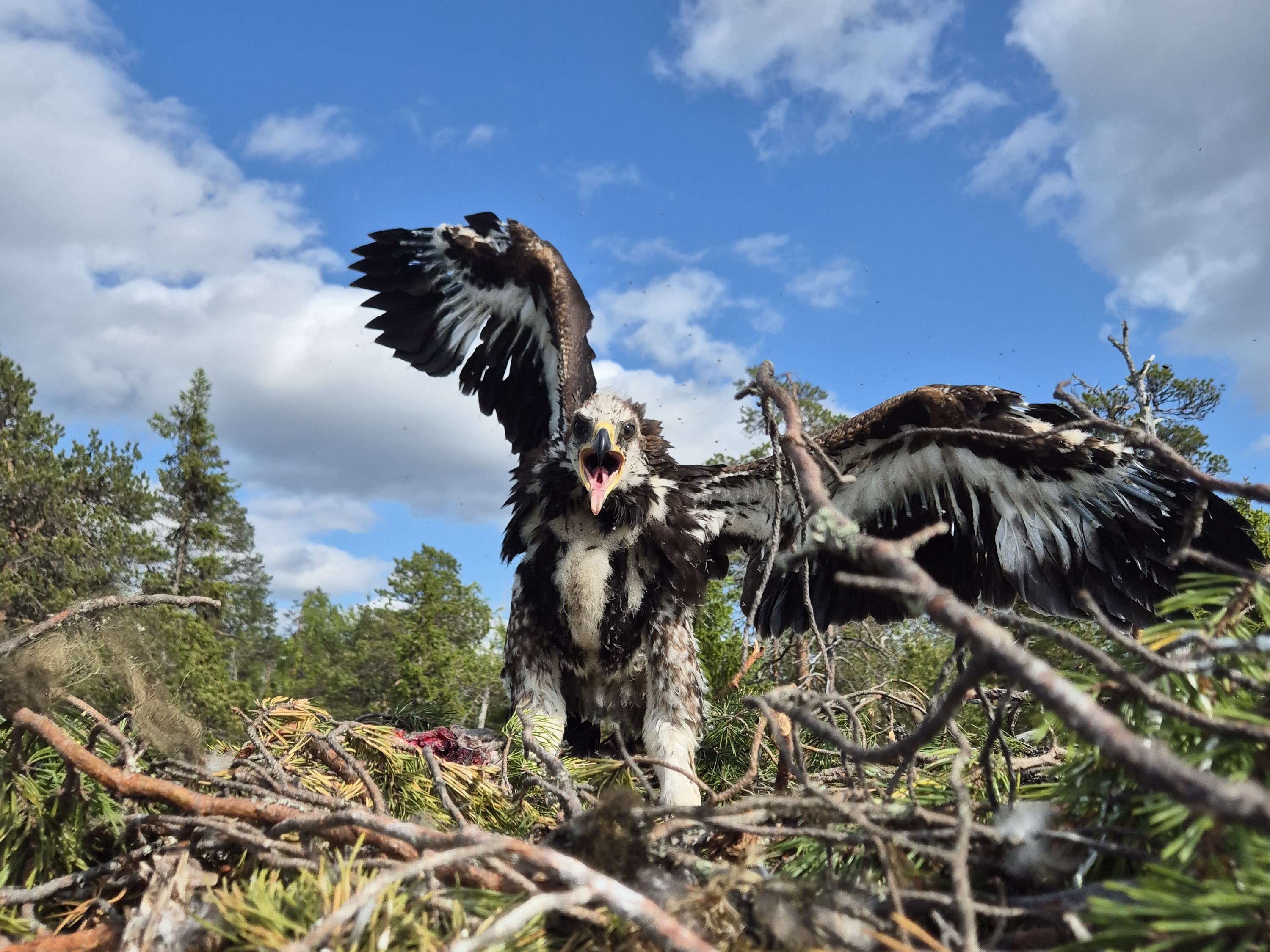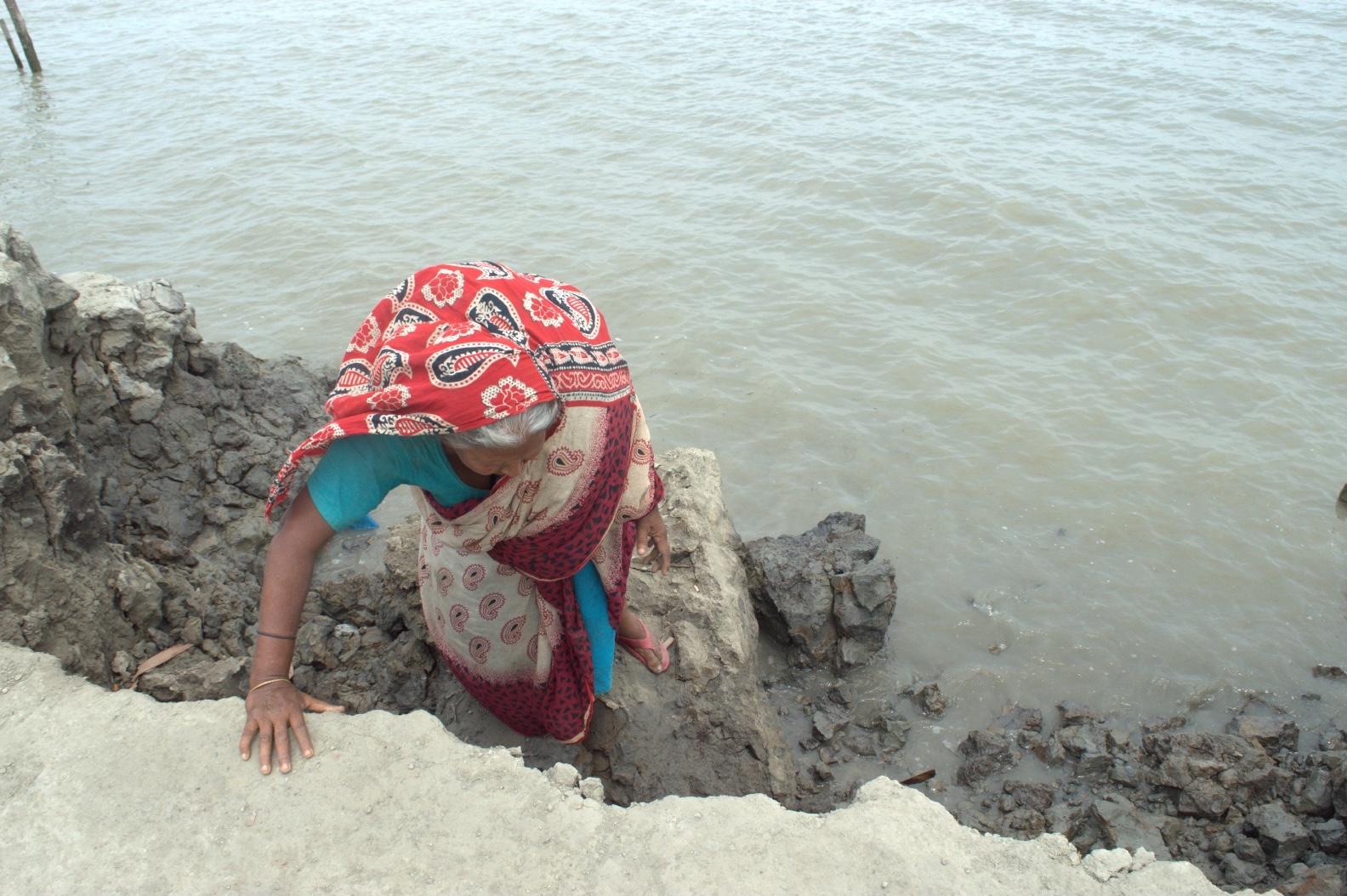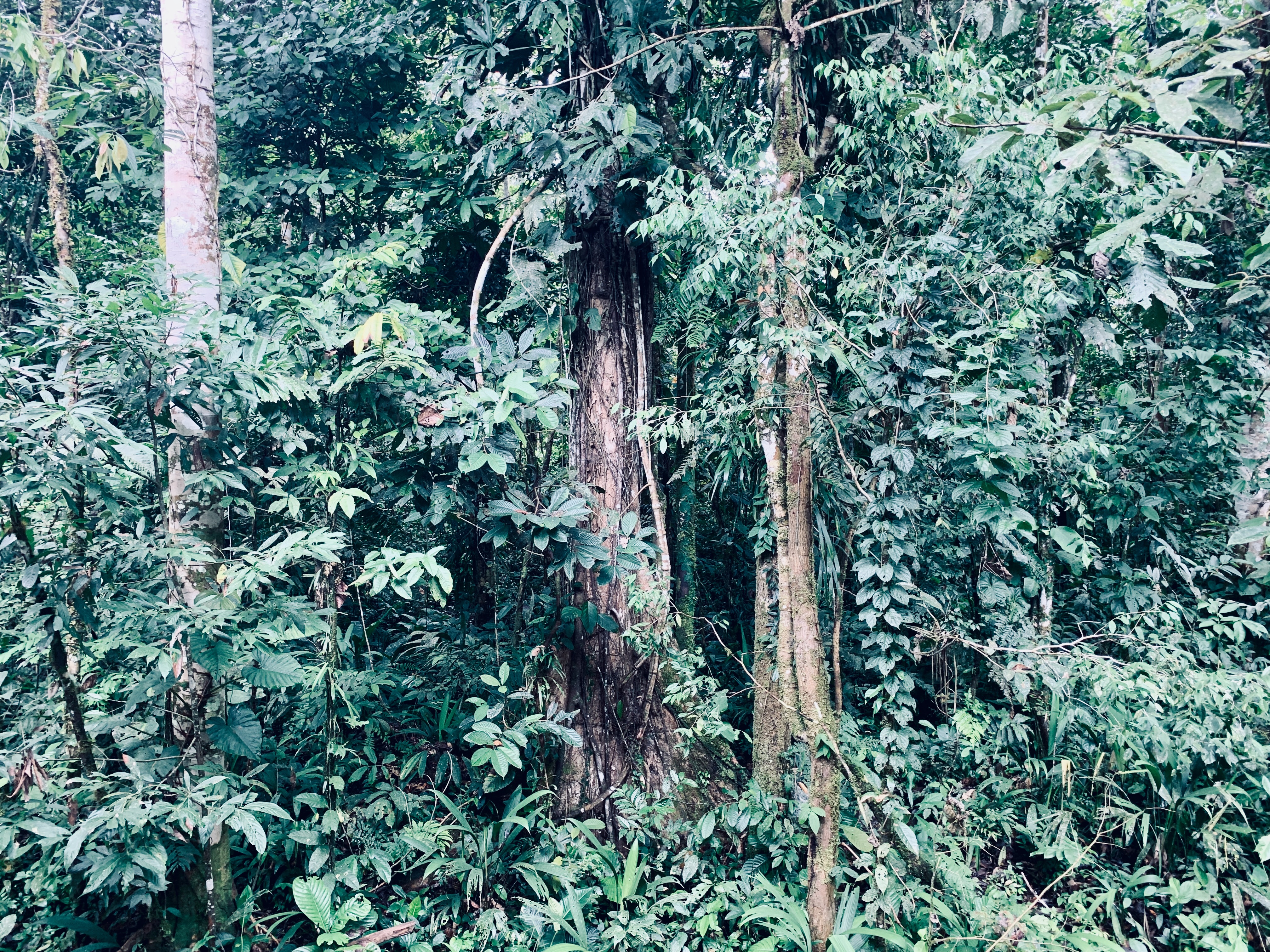About the Journal
Please note that this is an archive. The official publication you will find on this page.
Springs: The Rachel Carson Center Review is an open-access online publication for peer-reviewed articles, creative nonfiction, and artistic contributions that showcase the work of the Rachel Carson Center for Environment and Society (RCC) and its community across the world. In the spirit of Rachel Carson, it publishes sharp writing with an impact. Surveying the interrelationship between environmental and social changes from a wealth of disciplines and perspectives, it is a place to share rigorous research, test out fresh ideas, question old ones, and to advance public and scholarly debates in the environmental humanities and beyond.
Published biannually, Springs features a range of content, from text and photography to audio and video. It also brings together writing from other Rachel Carson Center publications. The Springs archive curates articles that were originally published in the open-access online and print journal RCC Perspectives (2010–2020), in the Rachel Carson Center blog Seeing the Woods (2012–2021), and in the peer-reviewed online journal Arcadia: Explorations in Environmental History.
Springs launched in 2022 as part of a Kolleg-Project funded by the Federal Ministry of Research and Education (Käte Hamburger Kolleg). The project is run by the Rachel Carson Center for Environment and Society (RCC).
How do I contribute to Springs?
Currently, submissions to Springs are by invitation only. For open calls check the RCC's other publishing platform Arcadia. Anyone may submit to Arcadia; please visit this page to read the guidelines.
Unless otherwise stated, Springs articles are licensed under a Creative Commons Attribution 4.0 International License.
With any questions, please email the editorial team at editors@rcc.lmu.de.
Springs: The Rachel Carson Center Review – ISSN 2751-9317
Current Issue

The eigth issue of Springs opens with a dive into the world of comics, before embarking on a fieldtrip across an Arctic research station, Finland’s boreal forests, and the eroding riverbanks of Bangladesh. Three essays, a visual narrative, a short story, and an interview join forces to uncover missing pieces in our quest to understand human–environment interactions. In “Ecocomics: Vivid Worlds in Images and Text,” Julia Ludewig illustrates how comics materialize key environmental insights, not just for specialists but for all interested readers. Davide Orsini and Uwe Lübken shed light on nuclear decommissioning in their conversation about Davide’s Volkswagen Foundation Change! project “(Dis)Empowered Communities.” Flora Mary Bartlett’s photographic “Portrait of an Arctic Research Station” invites us to northern Sweden to observe the exchanges of people, materials, and knowledge “between inside and out.” Monica Vasile’s “Eagles, Marmots, Humans” follows two biologists working in the field, and asks “what kind of understanding might repair our fractured relationship with wildlife.” Amrita Dasgupta documents the precarious existence of sex workers in Bangladesh who reside on the banks of the Passur River. And lastly, in Kata Beilin’s short story “Step Away,” Eve, a renowned professor of environmental law, meets Ené, a Waorani lawyer who invites her to her village—where the boundaries between both women blur, transforming Eve in ways she could have never anticipated.

